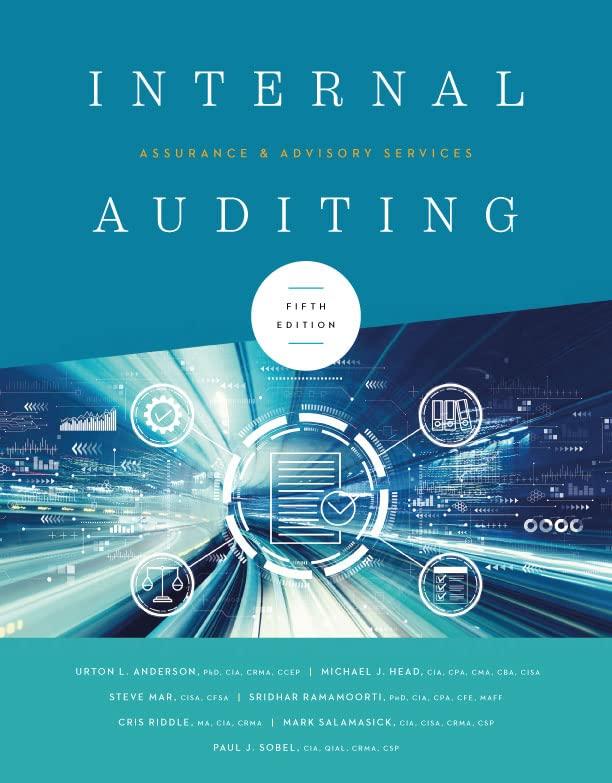Question
Wholesaler companies, Grit Ltd. and Stone Ltd . are close competitors supplying concrete and stone aggregate to retail builder merchants. Table 1 shows extracts from
Wholesaler companies, Grit Ltd. and Stone Ltd. are close competitors supplying concrete and stone aggregate to retail builder merchants.
Table 1 shows extracts from each companys final accounts for the financial year ended 30th April 2020.
Extracts from the Statements of Comprehensive Income for year ending 30th April 2020: Grit Stone
Gross profit Depreciation Other overheads Profit before interest & tax Debenture interest Audit fees Net profit before tax T axation Ordinary dividend Retained profit for year
grit stone
'000 '000
sales 11,200 9,750
cost of good sold 8,460 6,825
Gross profit 2,740 2,925
Depreciation 80. 60
other overheads 2,168 2,526
Profit before interest & tax 492 339
Debenture interest 40 30
Audit fees 12 10
Net profit before tax 440 299
Taxation 140 9
ordinary dividend 65 55
retained profit for the year 235 148
Statement of Financial Position as at 30th April 2020:
grit stone
Non-current assets '000 '000 '000 '000 '000 '000
(at cost less depreciation) 1,850 1,430
Current Assets 640 490
Inventory 640 1080
Accounts Receivable 1230 120
Cash 80
Total current assets 1,950 1,690
Total assets 3,800 3,120
Capital
Ordinary Shares (1 each) 800 800
Capital Reserves 1,245 875
Total Capital 2,045 1,675
Non-current liabilities
5% Debentures 800 600
Current liabilities
Bank Overdraft 110 80
Accounts Payable 750 690
Taxation 30 20
Proposed dividends 65 955 55 845
Total Capital and Liabilities 3,800 3,120
2019 was:
80 690 20 55
additional information
1. The value of inventory held on 1st May Grit: 700,000 Stone: 650,000
2. All inventory is purchased on credit. 3. All sales are transacted on credit.
3. On 30th April 2020 the market share price was: Grit: 1.60 per share Stone: 1.50 per share
Calculate the following ratios for each company:
-
Return on capital employed (ROCE)
-
Gross profit margin
-
Net profit margin
-
Volume of trade
-
Acid test ratio
-
Inventory turnover in days
-
Debtors (i.e. trade receivables) collection period
-
Creditors (i.e. trade payables) payment period
-
Price/Earnings (P/E) ratio
-
Gearing Ratio.
Step by Step Solution
There are 3 Steps involved in it
Step: 1

Get Instant Access to Expert-Tailored Solutions
See step-by-step solutions with expert insights and AI powered tools for academic success
Step: 2

Step: 3

Ace Your Homework with AI
Get the answers you need in no time with our AI-driven, step-by-step assistance
Get Started


